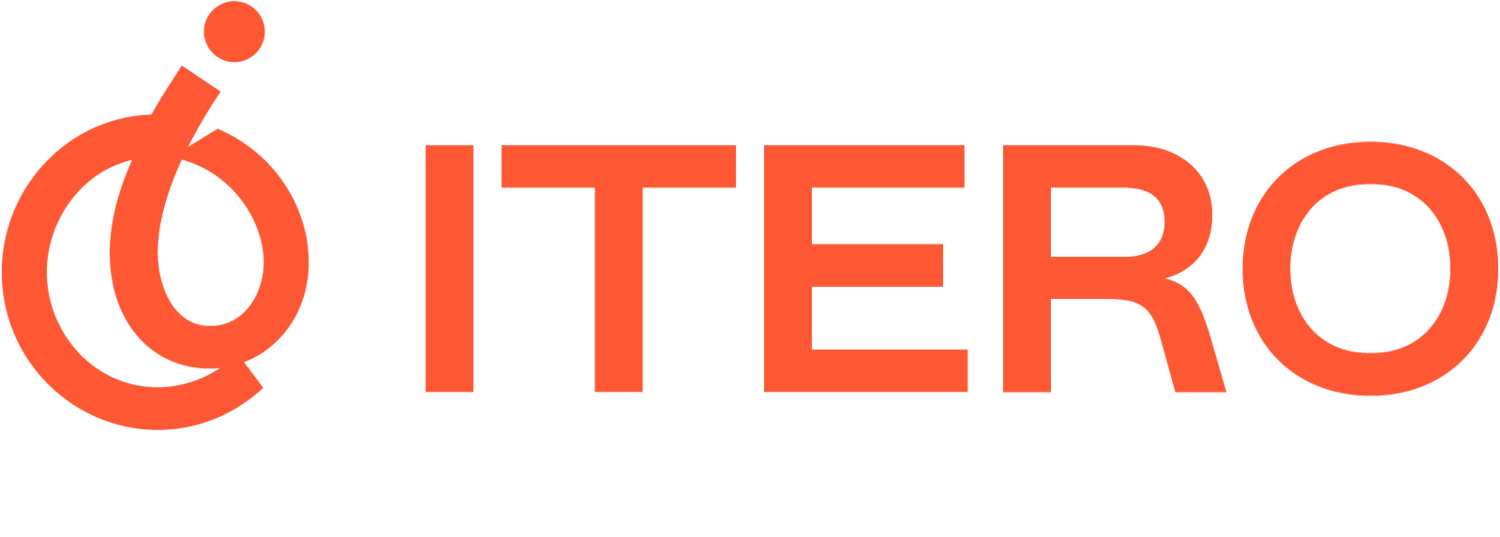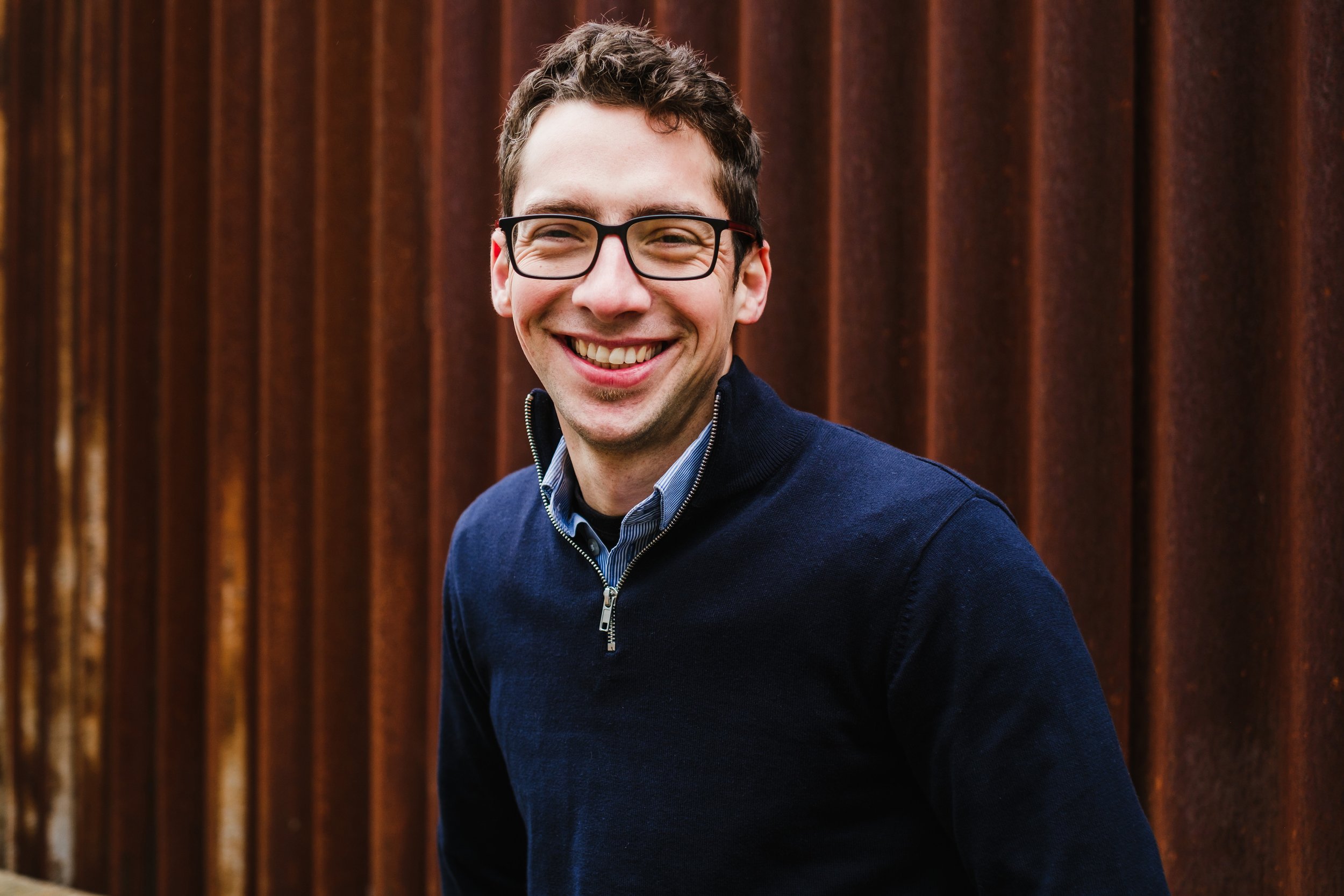A day in the life at our West London pilot plant
We sat down with Alexis Paul Delich, our R&D Chemical Engineer at our West London Pilot Plant, for a conversation about his approach to work and how it supports the scaling of our technology and circular solutions for plastics. He shares his journey leading up to joining Itero and how the technology tested at the pilot plant sets the stage for larger-scale chemical recycling projects.
1. Tell us a bit about your role as a chemical engineer at the West London Pilot Plant
As an R&D Chemical Engineer at Itero, I am responsible for overseeing the testing of our chemical recycling process for plastic waste. My role involves multiple functions from testing multiple feedstocks in the pilot plant under different process conditions to planning and conducting lab experiments to review and develop insights on our pyrolysis oils. Our process transforms plastic waste into valuable products used to produce new plastics, so, it's very important for us to understand how different feedstocks perform before, during, and after the reaction takes place.
2. What were you doing before you came to work at Itero?
Before joining Itero, I worked as R&D Chemical Engineer at ASR Group-Tate & Lyle Sugars in London and at Tolsa Group in Spain. In these roles, I focused on developing purification projects in lab and pilot plants within the R&D department. My experience involved extensive work in purifying products using adsorbents materials and employing statistical analysis in order to obtain repeatable and consistent results.
3. Why motivated you to join Itero?
What motivated me the most to join Itero was the dedication and commitment of the company to advance in sustainable recycling solutions. The passion and commitment of a small team working very hard, day after day, to create a positive impact in the world, it just resonated with me. I knew right away that I wanted to be part of the team and make a meaningful contribution to this cause. Also, the pilot plant here in London – capable of testing multiple feedstocks - is fascinating and unique, and that was very interesting to me.
4. Can you walk us through the various tasks and responsibilities you handle on a typical day at the West London Pilot Plant?
A typical day at the pilot plant involves conducting a test run of our process to assess how feedstocks perform under different process conditions and optimizing process parameters. I contribute to the development of these runs by setting up and operating the unit, collecting process data, and addressing any challenges that arise during the process. When we’re not doing a process run, I analyse data and execute lab experiments, for instance distillations, to evaluate the properties of the oils produced.
Collaborating with external partners and suppliers is also a very important part of the role to ensure consistent results and a seamless integration of our technology into a larger-scale plant. A lot of my work also consists of analysing results from partners, to whom we send some of our samples for detailed analysis.
5. Feasibility testing for feedstocks of different polymer and contaminant variance is a core part of your work. Could you walk us through the process of how these tests are conducted?
Testing multiple feedstocks is a crucial aspect of our work. We start by selecting a representative feedstock sample - plastic waste - and analysing its chemical composition and contaminants present in the sample. Based on the results, we conduct experiments in the pilot plant under selected process conditions, and we take samples of our product every hour. Once the process run is completed, we evaluate the quality of the samples, which involves sending samples to external labs for analysis and running lab tests, like distillations, to assess boiling point distribution.
6. How do you approach collaboration with other team members and across the company to ensure a smooth workflow during your workday?
Effective collaboration and communication are essential for our success. I actively participate in regular meetings with colleagues from different departments to share updates and align our efforts. We maintain open communication channels to discuss challenges and opportunities and stay updated about market trends.
7. How does the technology tested at the pilot plant pave the way for larger scale plants in the future?
The technology we have in the pilot plant here at Itero provides invaluable data and insights to scale our chemical recycling process.
The efficiency of our chemical and mechanical process is refined and optimised by using the data we collect to modify parameters and adjust our technology. These learnings will carry through to larger-scale implementation starting from Brightlands.
This testing phase is a critical step towards developing larger-scale implementation of our technology, starting from a full-scale recycling plant at Brightlands, that contributes to reducing plastic waste on a global scale.
9. What are you most excited about in the next year with the company?
In the upcoming year, I am particularly excited about the advancements we are making in our technology, especially as we further enhance our process to optimise output in collaboration with our offtake partners. I'm also looking forward to seeing the solutions we create translating into our demonstration plant at the Brightlands Campus in the Netherlands.

